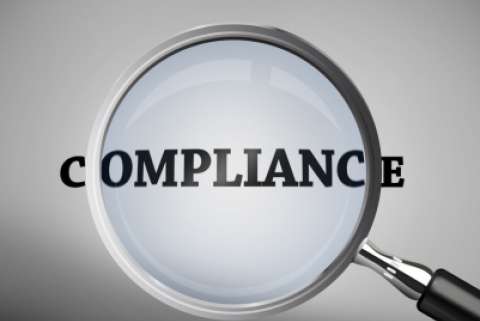Pivotal Payments, Inc., a Texas-based payment processor, will pay a $9 Million TCPA class action settlement brought by serial litigator Abante Rooter and Plumbing Inc.
The settlement agreement ends the lawsuit accusing Pivotal Payments of violated the Telephone Consumer Protection Act by using a pre-recorded message and autodialing millions of cellphones without gaining prior express written consent.
The class action lawsuit alleged that Pivotal Payments violated the TCPA (Telephone Consumer Protection Act) by making over 11.6 million autodialed calls with a pre-recorded message, 1.9 million of which were to cell phone numbers. The suit sought $1,500 for each illegal call and the Plaintiff’s attorneys will receive 25% of the settlement, with class members receiving between $20 -$60.
What Happened?
Pivotal thought that they had protected themselves from potential lawsuits by including provisions in their contract that mandated TCPA compliance by their third-party marketer, EPLJ Enterprises LLC. Unfortunately, EPLJ called cell phone numbers without obtaining the recipients’ prior express written consent and Pivotal didn’t have a monitoring process in place to verify that EPLJ was complying with the TCPA.
This case is an important reminder that compliance is the responsibility of the hiring party. Employing a third-party to conduct marketing on your behalf makes the marketer an extension of your business. Pivotal’s contract did not transfer their legal responsibility for TCPA compliance.
Express Written Consent
To be TCPA compliant, marketers must get the consumers’ prior express written consent and include Opt-in and Opt-out language.
TCPA consent rules define express written consent as “an agreement in writing, bearing the signature of the person called that clearly authorizes the seller to deliver or cause to be delivered to the personal called advertisements or telemarketing messages using an automated dialing system or an artificial or prerecorded voice and the telephone number to which the signatory authorizes such advertisements or telemarketing messages to be delivered.”
Prior Express Written Consent is required for:
- All telemarketing/promotional calls/texts made using an ATDS (automatic telephone dialing system) placed to wireless numbers, and
- All artificial or prerecorded telemarketing/promotional voice calls to wireless and residential numbers.
Serial Litigator Threat
Abante Rooter and Plumbing has filed several similar TCPA class action lawsuits and appears to have discovered a new income stream that doesn’t include ‘getting dirty’ via plumbing. Abante will receive a $25,000 award - not bad work if you can get it! Especially for the attorneys who will receive $2.2M. Once again, is this a victory for consumers or the attorneys?
How Can My Company Avoid This?
So how can you protect your business against costly TCPA lawsuits? What could Pivotal have done differently?
- Marketers need to understand the channels on which they are sending telemarketing messages and the laws governing those channels. Pivotal should have run their entire campaign by a TCPA specialist who could have told them that they needed specific opt-in that explicitly states that they will be sending telemarketing messages.
- Companies must get consent, express written consent, to send telemarketing or promotional text messages. Pivotal should have obtained express written consent, using proper opt-in language before launching their text campaign.
- Text marketing campaigns must include opt-in and opt-out language in the text message to be TCPA compliant (i.e. "Reply ‘STOP’ to opt-out of future messages").
- Find litigators who may be hiding in your data. Identify known serial TCPA litigators and plaintiffs in your contact lists and weed them out before any inbound or outbound campaign to reduce the risk of being targeted for a TCPA class action lawsuit. If Pivotal had scrubbed their contact lists for known TCPA litigators, this class-action suit may never have happened at all.





